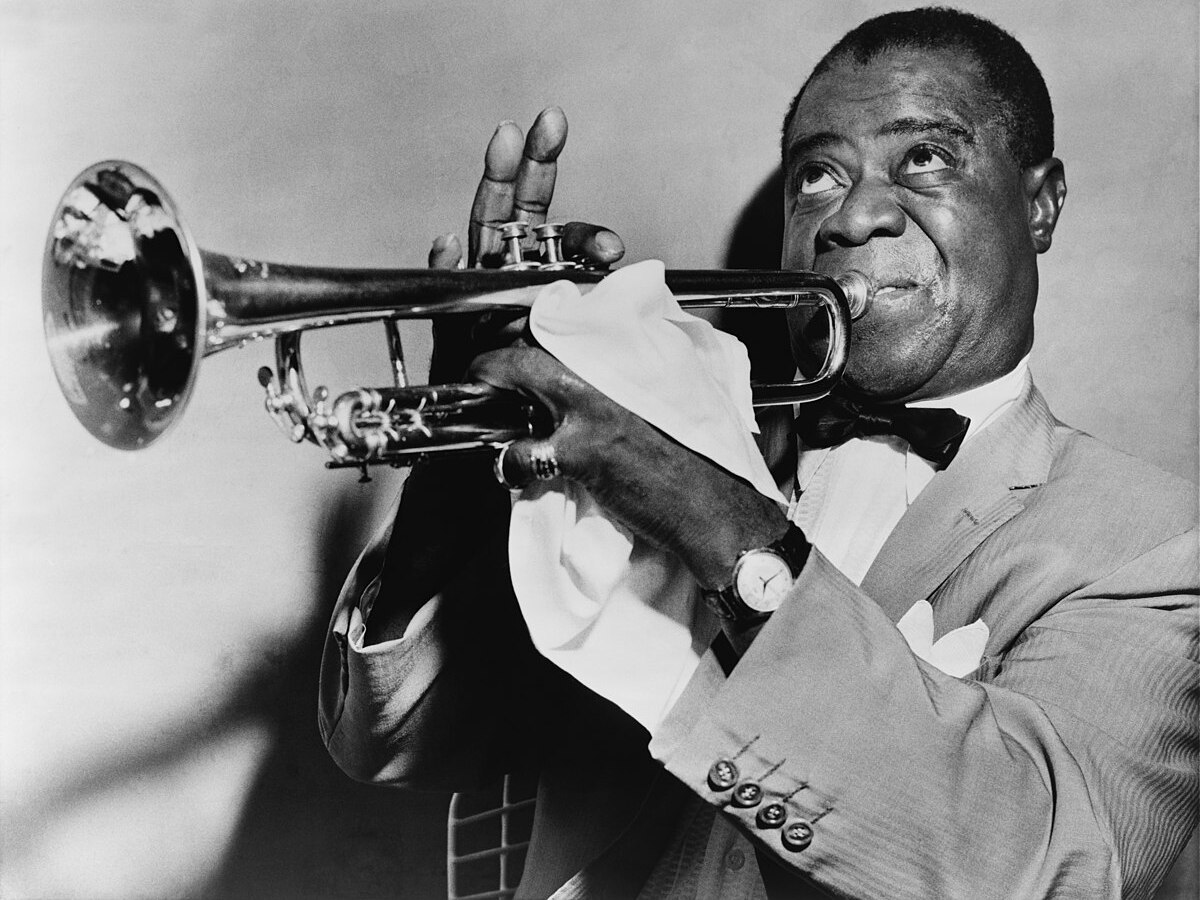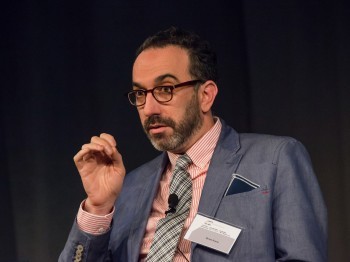HUMS 381, Jazz in America 1900-1960

Course Description
A course on key moments in the history of jazz in America until 1960 with special focus on the role of jazz within broader streams of American cultural life; improvisation; jazz as popular music and as art music; the racial politics of jazz; and its artistic achievements.
Led by:
|
|
Professor Brian Kane is an Associate Professor of Music. His scholarly work is interdisciplinary, located in the intersection of music theory, composition and philosophy. Working primarily with 20th century music, Kane’s emphasis is on questions of sound and signification. Central themes in his research are: music and sound art, histories and theories of listening, phenomenology, improvisation, music and subjectivity, technology, conceptualizations of sound and music in literature and philosophy, and theories of the voice. Some of these themes are interwoven in Kane’s recent work on acousmatic sound. Acousmatic refers to the separation of audition from all other sensory modalities, and is often deployed in phenomenological contexts in order to disclose the “essence” of listening. In his forthcoming book, Sound Unseen, Kane investigates the question of acousmatic sound beyond its phenomenological context and demonstrates its pertinence to current work on musical and non-musical forms of listening. This also involves reconstructing the philosophical and material history of acousmatic sound from its supposed origins in the Pythagorean school, through the rise of mechanically reproduced sound and electronic composition, to contemporary discourses on the senses, sound, and composition. Kane is chair of the Society for Music Theory’s Music and Philosophy Interest Group, and a founding editor of the humanities journal nonsite.org. He is a co-founder of the Sound Studies Working Group at the Whitney Humanities Center. |
